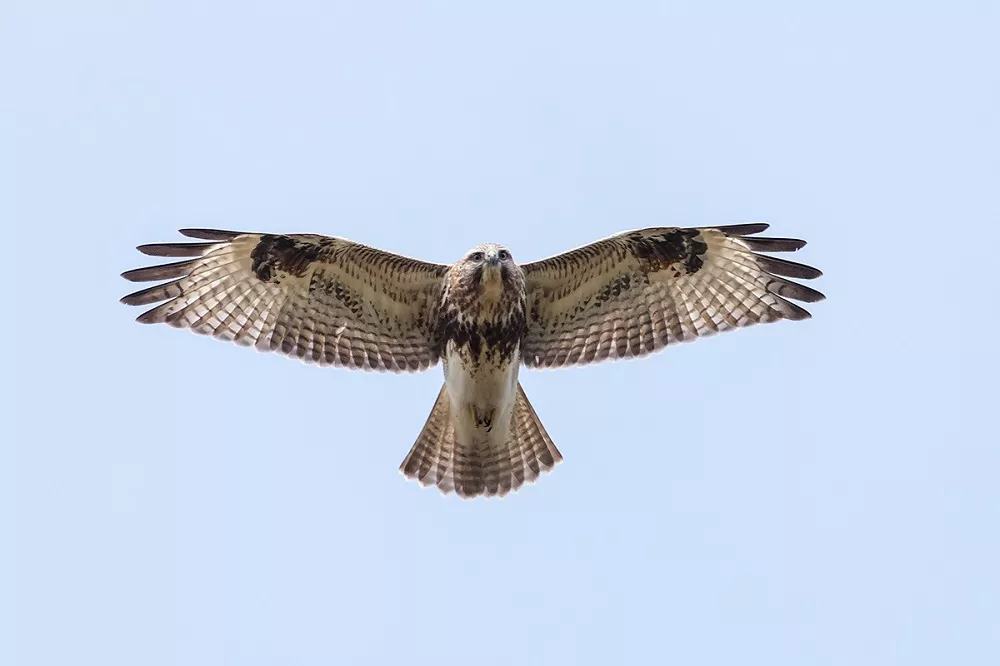Buzzards, also known as vultures or buzzard hawks, are a species of bird of prey that belong to the family Accipitridae. These birds are commonly found in North America, Europe, and Asia, and are known for their scavenging habits. Many people wonder if buzzards eat rats, and the answer is yes, they do.
Buzzards are opportunistic feeders and will eat a wide variety of prey, including rodents like rats. They typically feed on animals that are dead or dying, but they will also hunt small live prey if the opportunity arises. Rats are one of the many types of small animals that buzzards will eat if they come across them.
Rats are a common food source for buzzards, especially in urban areas where they are plentiful. In cities, rats can be found in abundance, and buzzards can often be seen scavenging for them in alleys, dumpsters, and other places where rats congregate. Buzzards will also eat rats that have been killed by other predators or that have died due to natural causes.
In addition to rats, buzzards will also eat other small mammals like mice, voles, and shrews. They will also eat birds, reptiles, amphibians, and even insects if they are hungry enough. Buzzards are not picky eaters and will eat almost anything that they can find.
Buzzards are important members of the ecosystem because they help to clean up dead animals and prevent the spread of disease. They are also beneficial to farmers because they will eat small rodents that can damage crops. However, some people view buzzards as pests because they can cause problems when they congregate in large numbers. For example, buzzards can damage roofs, cars, and other property if they roost in urban areas.
In conclusion, buzzards are known for their scavenging habits and will eat a wide variety of prey, including rats. Rats are a common food source for buzzards, especially in urban areas where they are plentiful. Buzzards are important members of the ecosystem because they help to clean up dead animals and prevent the spread of disease. However, they can also cause problems when they congregate in large numbers, so it is important to take measures to prevent them from roosting in urban areas.


 Facebook
Facebook  Instagram
Instagram  Youtube
Youtube 